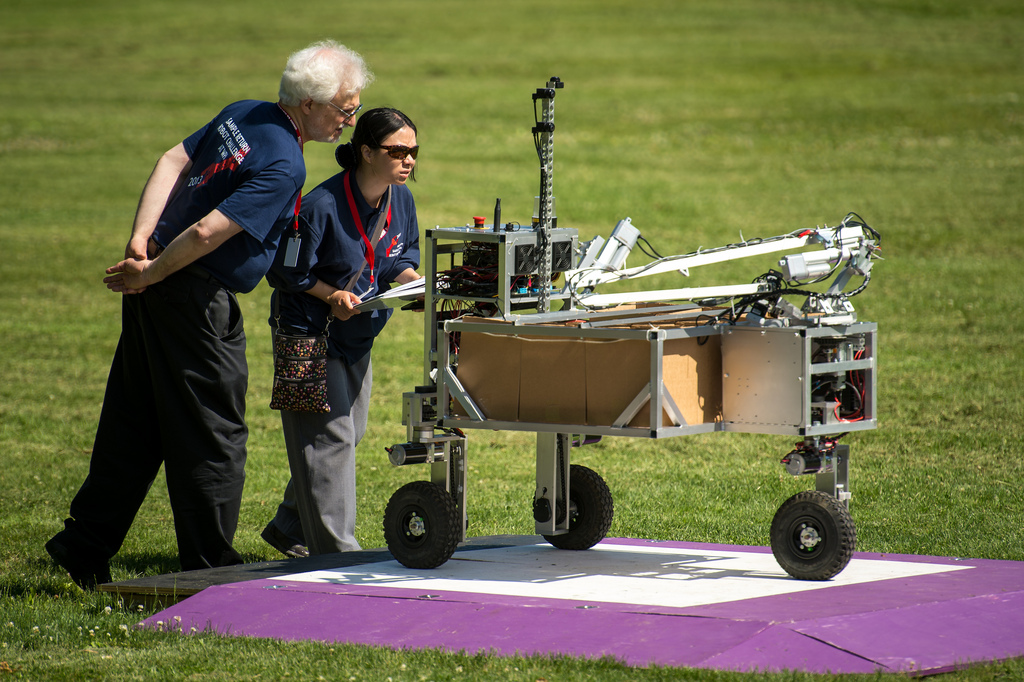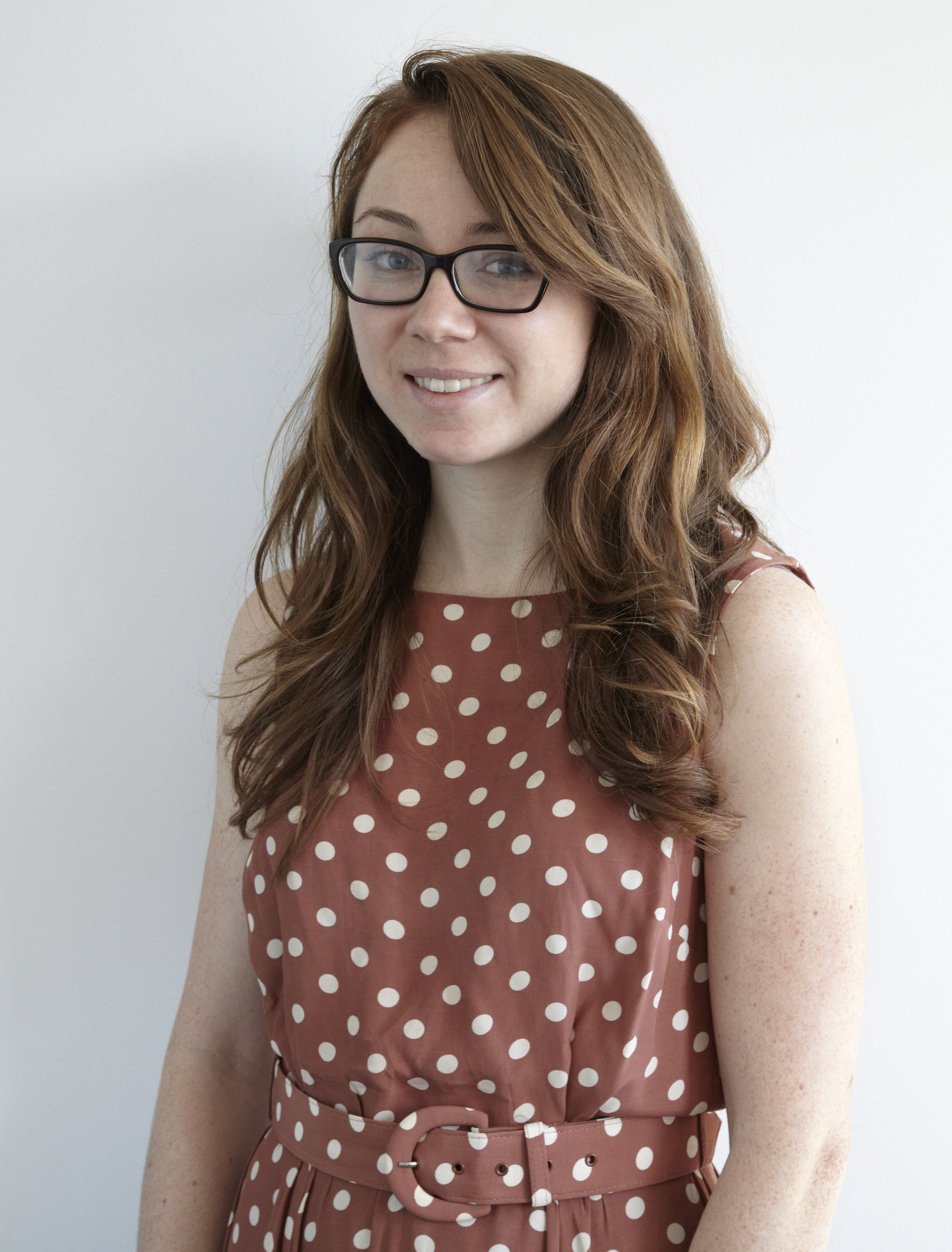Autonomous Robots to Battle for $1.5 Million NASA Prize

NASA is offering $1.5 million in prize money this week to inventors who build a robot that can successfully navigate a mock-alien landscape and scoop up geologic samples without any help from human controllers.
While current robotic space explorers like NASA's Mars rover Curiosity can do some work on their own, they are largely reliant on commands from operators sitting in control rooms on Earth. But the goal of NASA's 2014 Sample Return Robot Challenge is to demonstrate tech that would allow robots to autonomously find and collect samples from diverse terrain.
Eighteen teams will participate in the contest starting Wednesday (June 11) on the campus of Worcester Polytechnic Institute (WPI) in Worcester, Massachusetts. [NASA's Huge Mars Rover Curiosity: 11 Amazing Facts]
Though a lot of money is being offered, NASA will only award funds to competitors who meet the challenge objectives. In last year's competition, NASA only gave out $5,000 to Team Survey of Los Angeles for finishing Level 1 of the challenge. In 2012, no prize money was awarded after just one team of six robots met the requirements after inspection only to fail Level 1.
NASA officials are hoping for greater success this year.
"We are excited to see what these 18 teams can achieve this year, building on the lessons learned during the first two years of the challenge," Sam Ortega, program manager of NASA's Centennial Challenges, said in a statement. "We hope to see broad success with more teams completing Level 1, and that some of those teams are able to tackle the more difficult objectives in Level 2 necessary to take home the big prize money."
For a robot to successfully complete Level 1, it must return one intact sample to its starting platform within 30 minutes, NASA officials said. Teams that complete Level 1 will advance to Level 2, in which the goal is to return at least one more undamaged sample within two hours.
Get the Space.com Newsletter
Breaking space news, the latest updates on rocket launches, skywatching events and more!
Awards will be presented on June 14 during the TouchTomorrow technology festival on the WPI campus.
The list of returning competitors, courtesy of NASA, includes: Survey of Los Angeles; Wunderkammer Laboratory of Topanga, California; Intrepid Systems of Lynnwood, Washington; the University of Waterloo of Ontario, Canada; AERO of Worcester, Massachusetts; Fetch of Alexandria, Virginia; Kuukulgur of Estonia; Middleman of Dunedin, Florida; and the University of California Santa Cruz Autonomous Rover Team.
New teams entering the competition are: Cephal of Pittsburgh, Pennsylvania; Formicarum of Worcester, Massachusetts; the West Virginia University Mountaineers of Morgantown; the Oregon State University Mars Rover Team of Corvallis; the Retrievers of Schenectady, New York; RPI Rock Raiders of Rensselaer Polytechnic Institute in Troy, New York; Stellar Automation Systems of Marietta, Georgia; Sourcerors of Pittsburgh, Pennsylvania; and Lunambotics of Mexico City, Mexico.
Follow Megan Gannon on Twitter and Google+. Follow us @Spacedotcom, Facebook or Google+. Originally published on Space.com.
Join our Space Forums to keep talking space on the latest missions, night sky and more! And if you have a news tip, correction or comment, let us know at: community@space.com.

Megan has been writing for Live Science and Space.com since 2012. Her interests range from archaeology to space exploration, and she has a bachelor's degree in English and art history from New York University. Megan spent two years as a reporter on the national desk at NewsCore. She has watched dinosaur auctions, witnessed rocket launches, licked ancient pottery sherds in Cyprus and flown in zero gravity on a Zero Gravity Corp. to follow students sparking weightless fires for science. Follow her on Twitter for her latest project.









